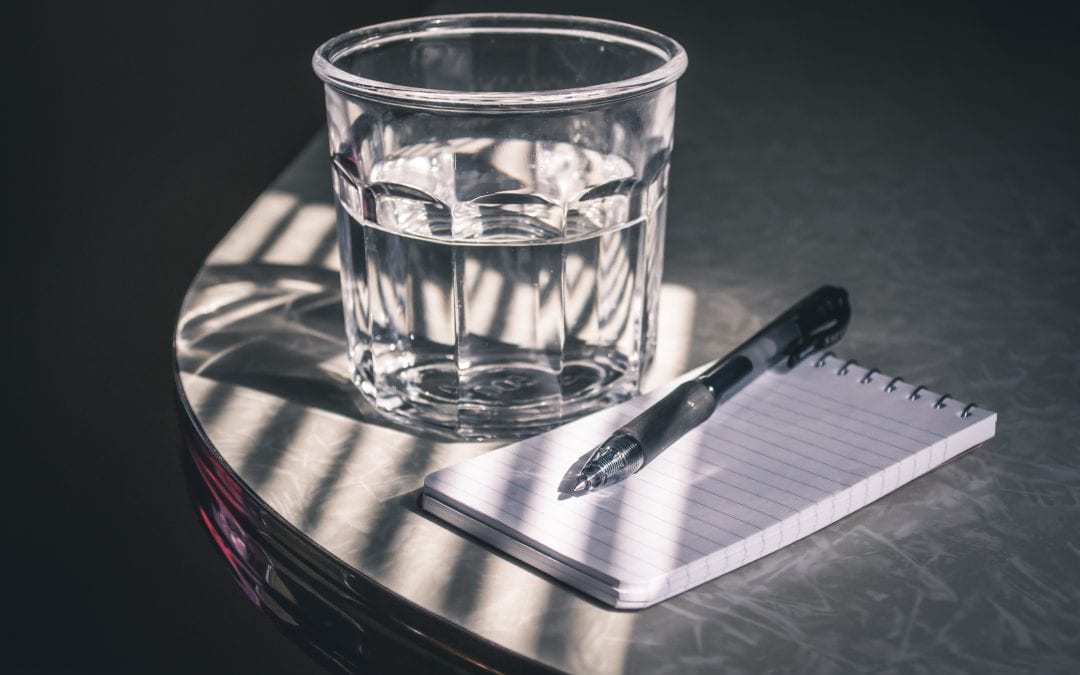Many of us attempt to remember to drink more water in our daily lives. Whether you grab a drink from the water cooler at the office or carry a bottle with you, people across the country are becoming a lot more conscious of how much water we drink. There are entire apps dedicated to ensuring that you drink regularly. But what about senior citizens? According to a number of studies, most senior citizens aren’t drinking enough water. As the weather is warming up, the risk of dehydration in the elderly can increase. Prolonged dehydration can have dangerous consequences to your health; and in senior citizens, the effects of dehydration can be exacerbated.
Symptoms of Elderly Dehydration
Dehydration can have a number of subtle symptoms that can be easily missed. When dehydration escalates, it can become dangerous. Not only can severe dehydration shut down bodily functions, it can worsen symptoms of other chronic issues or diseases that an elderly person is suffering from. Common signs and symptoms of dehydration include:
- Confusion
- Difficulty walking
- Fatigue
- Dizziness
- Rapid heart rate
- Low blood pressure
- Low and/or dark urine output
- Headaches
- Dry mouth
- Constipation
- Inability to sweat or produce tears
- Sunken eyes
Why Don’t Seniors Drink Enough Water?
As you age, many of your body’s natural functions begin to slow or lose effect. Because of this, your body’s sense of thirst starts to fade away. A senior may not be drinking enough water simply because they do not feel like they need it. However, there are a number of other reasons that an elderly person may not be receiving enough water. It could simply be a product of lowered mobility. The elderly person may not have the ability to get up to get some water when they need it.
Seniors often lose more fluids than younger people. Some medications and medical conditions can increase one’s urination rate, which can increase the risk of dehydration. The kidneys weaken as you age, which lowers the body’s ability to conserve fluids. The elderly are also more susceptible to colds and other minor illnesses, which can affect the body’s fluid levels.
Severe Dehydration
In cases of severe dehydration, a person should be brought to the hospital immediately. Severe dehydration can be life-threatening. If you see your loved one suffering from the above symptoms frequently, help them to drink more water. If they are in a position where those symptoms are getting worse and worse, take them to a hospital. Severe dehydration can lead to seizures, heat stroke, urinary or kidney issues, and hypovolemic shock. Hypovolemic shock is a condition where you do not have enough fluids in your body for your heart to pump blood.
How Caregivers Prevent Dehydration in Seniors
The best way to help your loved one prevent dehydration is to make water more available for them. Keep bottled water, or lidded cups of water with straws nearby them day and night. Foods with high-water content such as fruits, soups, and fresh vegetables can help keep them hydrated as well. Watch out for high salt content in their meals. Do not let a senior skip meals, as much of a senior’s fluids will come from eating. They are also more likely to drink something if they are eating. Steer them away from sugary alternatives, like iced tea or juices. These can be good in moderation, but water is always best for dehydrated individuals. During warmer weather, limit the elderly person’s time in the sun; and try to avoid having them out and about during the hottest parts of the day.
Safe Harbor Healthcare Services does not provide medical or healthcare advice via articles. This material has been prepared for informational purposes only, and is not intended to provide, and should not be relied on for medical advice.
Safe Harbor Healthcare Services has been providing excellent home care on Staten Island since 1967. Our services help the elderly and disabled live safely and independently; while giving their families the peace of mind they need. For more information contact Safe Harbor at (718)-979-6900.

